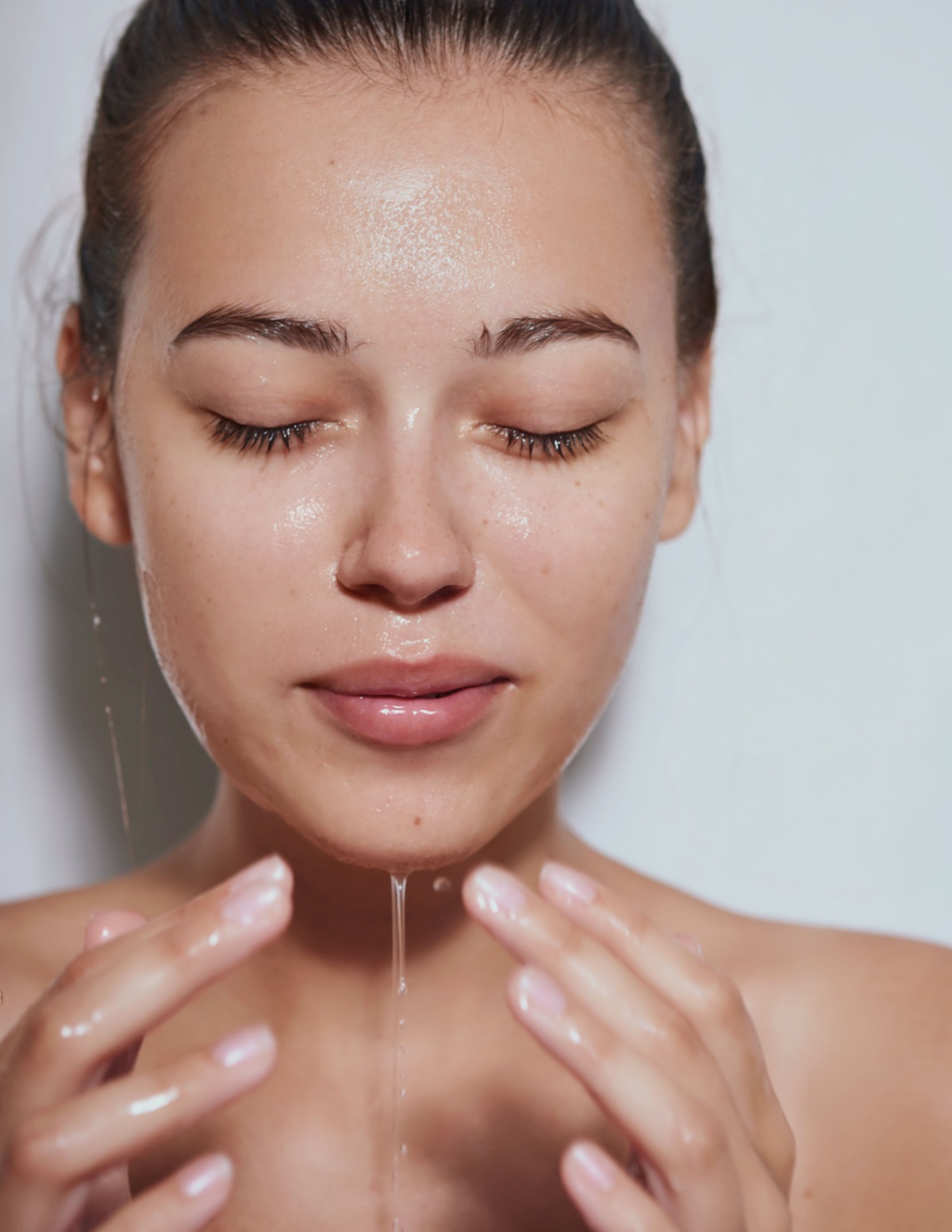Skin Hydration Guide: Expert Recommendations For Professional Skin Hydration

Skin Hydration Guide: According to Dr. Graf, dry skin isn’t necessarily unhealthy skin. Feeling tightness, roughness, or flakiness, often due to dehydration, can happen to any skin type.
Dehydrated skin is more common than you might think, and experts say it can be just as concerning as dry skin (though the two are not the same).
Skin Hydration Guide, Whether your skin is dry or dehydrated, you can improve its condition with some simple changes to your skincare routine and lifestyle.
Skin Hydration Guide
Dry Or Dehydrated Skin?
Skin Hydration Guide, First, it’s essential to know whether your skin is dry or just dehydrated. Dr. Jeannette Graf, a dermatologist, explains that dry skin is often a result of genetics, while dehydrated skin is a condition triggered by external factors. Over-exfoliation and high indoor heating can lead to skin dehydration.
According to Dr. Graf, dry skin isn’t inherently unhealthy. It naturally produces less oil, often appearing matte and dull, and may even flake, much like dehydrated skin. However, in dehydration, the skin’s protective barrier is compromised, which can result in redness and irritation.
Choose Products With The Right Ingredients

Skin Hydration Guide, When buying skincare products, focus on ingredients that cater to your specific skin needs. Hyaluronic acid and glycerin are essential for combating skin dehydration.
Ceramides are also key for dry skin. These lipids not only soften the skin but also prevent moisture loss, helping to repair the skin’s barrier. In combination with ceramides, oils like squalane or ingredients like shea butter, lanolin, or petroleum jelly (Vaseline) can help retain water in the skin.
Be Cautious With Strong Ingredients
Mona A. Gohara, clinical professor of dermatology, cites environmental factors such as extreme cold or heat, frequent bathing, and swimming as primary causes of water loss in the skin. Dr. Karan Lal, a dermatologist in Arizona, also highlights eczema as a condition that leads to dehydration and dryness.
Whitney Bowe, a New York-based dermatologist, warns about using retinoids and exfoliating acids like glycolic acid. Although these can improve skin quality, they may irritate the skin and potentially compromise its protective barrier, leading to dehydration.
Stick To A Consistent Skincare Routine
Skin Hydration Guide, Consistency is crucial for skin hydration. Gohara recommends incorporating hydrating ingredients like hyaluronic acid, glycerin, and ceramides into your morning skincare routine, along with a gentle cleanser and a suitable sunscreen to finish the regimen.
Skin Hydration Guide, For the evening, she suggests using an oil-based or micellar water cleanser to remove makeup and dirt, followed by a gentle face wash. Complete the routine with treatment serums and a nourishing moisturizer.
Hydrate From The Inside With Nutrition
Dr. Bowe highlights that part of our hydration comes from the food we eat. Water from food is slowly released from within the food’s cells, providing a steady source of hydration. She recommends fiber-rich vegetables like spinach, berries, cantaloupe, and bell peppers, which not only increase hydration but also support gut microbiome health, which is beneficial for the skin.
Drink Water

Skin Hydration Guide, Although drinking water alone may not significantly impact your skin, Dr. Bowe points to a 2018 study showing that adequate water consumption can improve both surface and deep hydration, especially in people with dehydrated skin. The National Academies of Sciences, Engineering, and Medicine recommend 2.7 liters of fluids per day for women and 3.7 liters for men. When combined with a proper diet and hydrating products, drinking water can benefit your skin as well.
Also Read:
Useful Food For Skin: The 7 Useful Food Ingredients That Work Wonders For Skin And Hair Health
Best Vitamins For Skin: From Vitamin D To Vitamin K
Skin Care Daily Routine: How To Take Care Of Our Skin With Only Three Products




